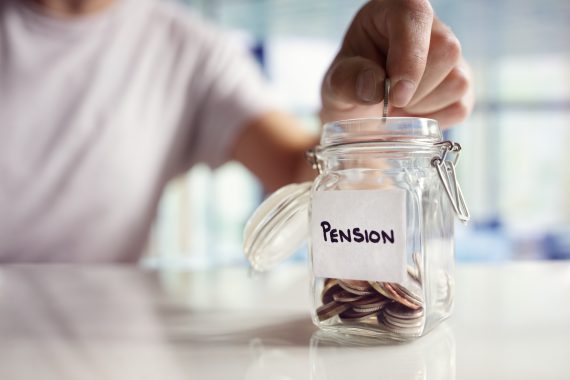Doctors resort to ‘hokey cokey’ approach to avoid huge tax bills, reveals report

Doctors have been using a ‘hokey cokey’ approach to avoid huge NHS pension tax bills, according to new research.
The policy paper, released today by Royal London, revealed that some doctors have had to invent ‘DIY’ work-arounds to mitigate tax issues.
Under the current NHS pension scheme, an annual allowance worth £40,000 limits the amount of money that can go into the pot each year.
The annual allowance starts to reduce from this level for high-earners with total income over £150,000 per year. The minimum tapered annual allowance is £10,000, which only applies to those who earn more than £210,000.
According to the report, those who exceed the annual allowance can face ‘large and potentially unexpected lump sum bills’ amounting to thousands of pounds in some cases.
Doctors told Royal London that they have turned to the ‘hokey pokey’ approach, which consists in opting out of the pension scheme for a few months before opting back in again at the start of the following year.
‘This ensures that annual accrual does not exceed the annual allowance but means that the right to a pension based on current salary levels is retained’, the report said.
BMA pension committee chair Paul Youngs said: ‘The BMA strongly believes that the NHS pension scheme is an important part of the reward package offered to doctors, including many who started working in [the] NHS at the start of their careers, in some cases more than 20 years ago. As this report highlights, the government’s changes are delivering an unfair and unacceptable shock to a large number of doctors especially as some are facing unexpected bills of tens of thousands of pounds.
‘Unfortunately, due to the perverse application of annual allowance and tapering annual allowance, doctors would receive higher pensions and remove or substantially reduce annual allowance tax charges by working less than full-time.’
He added: ‘All doctors want a simple, transparent and fair system that allows doctors to get on with what they want to do, treat patients, without the worry that doing extra work will actually make them financially worse off. Urgent action is required to prevent a potentially catastrophic impact on large parts of the NHS.’
Royal London director of policy Steve Webb said: ‘It is utterly absurd that doctors are having to consider their pension tax position before deciding whether or not to take on an additional shift or cover for an absent colleague.
‘The NHS is structured around senior clinicians taking on additional roles and responsibilities and this whole culture is being undermined by a bewildering system of pension tax relief.’
He added: ‘Rather than tinkering with the NHS pension scheme, the Treasury should abolish the ludicrous and capricious system of tapering annual allowances for tax relief. Patient care must not continue to suffer on the altar of Treasury intransigence.’
In January, Pulse revealed that health secretary Matt Hancock was in discussions with the Treasury over changing the tax treatment of pensions due to the effect on GP retention, saying it is the ‘biggest concern’ GPs raise with him. However, there has been no reported movement on this issue.
A Treasury spokesperson said: ‘We want people to save into a pension, which is why we allow the majority of savers to make contributions tax-free.
‘And doctors, like all NHS staff, benefit from one of the best available defined benefit occupational pensions schemes. But we do have to get the balance right between encouraging saving and managing government finances, which is why we restrict the tax relief available for the highest earners.
‘We are aware of concerns raised by NHS staff and the Treasury is discussing the issue with the Department of Health and Social Care.’
Pulse October survey
Take our July 2025 survey to potentially win £1.000 worth of tokens










